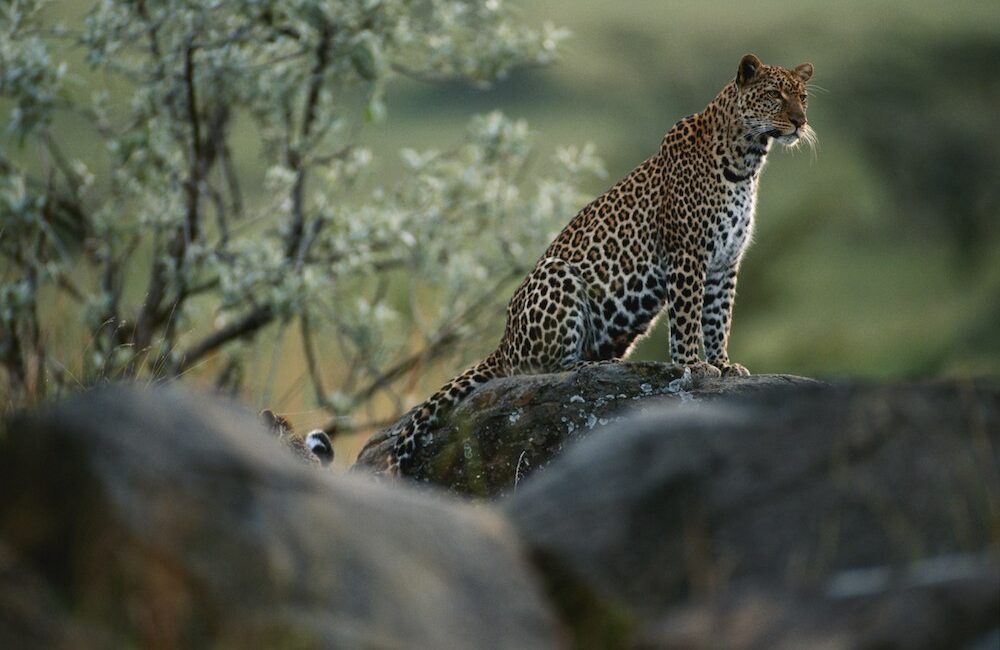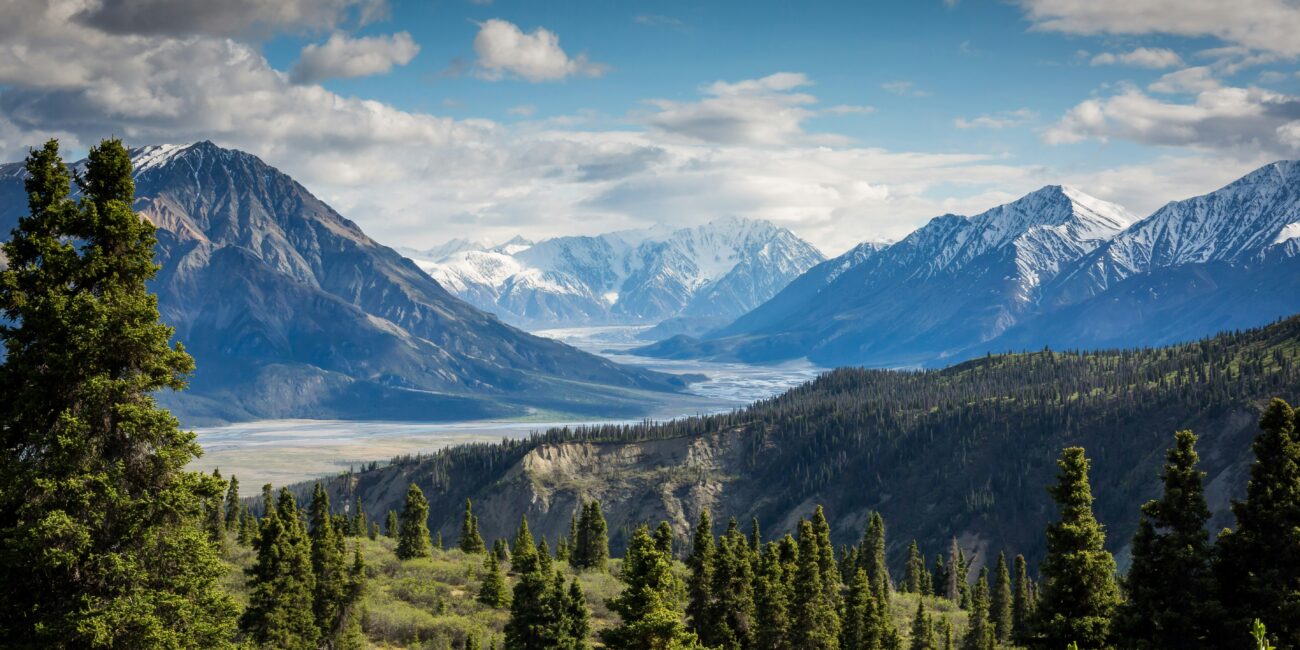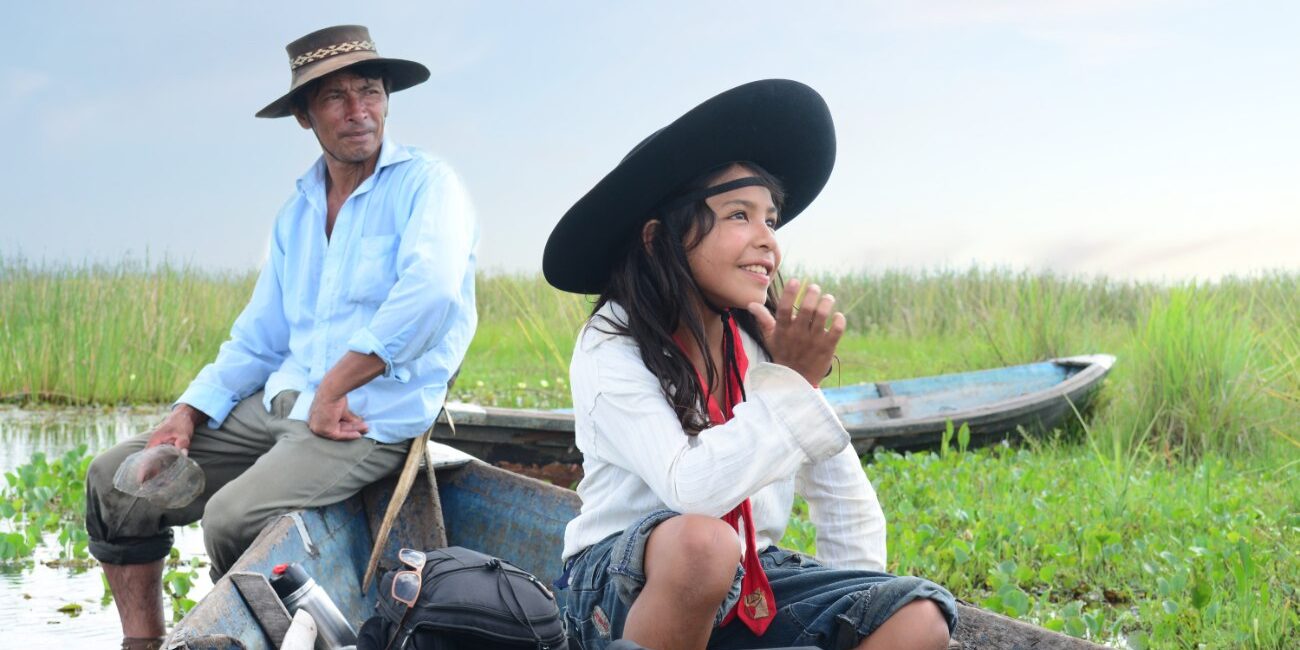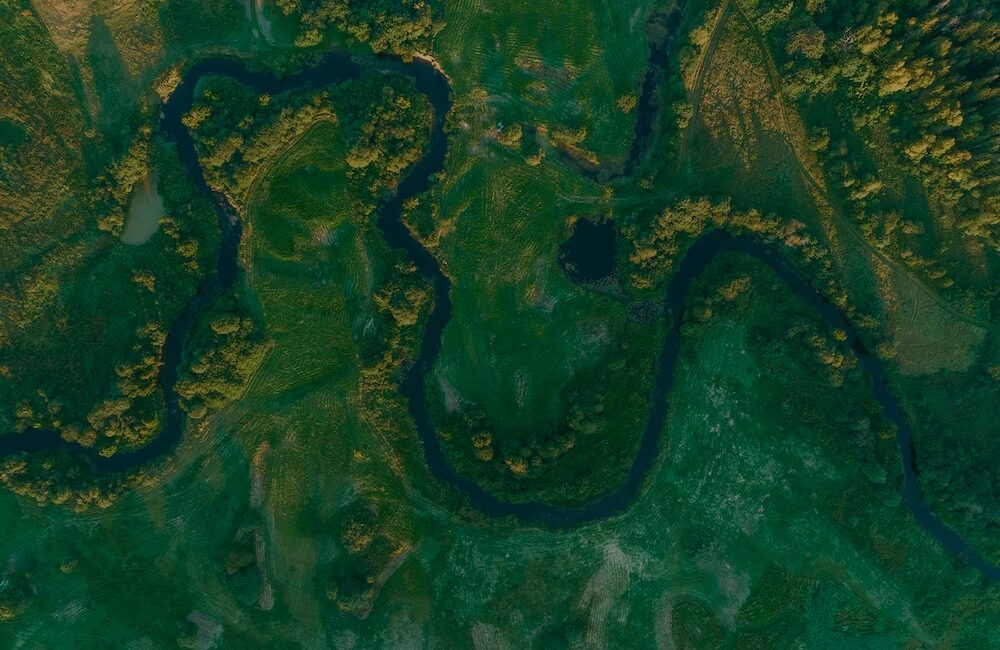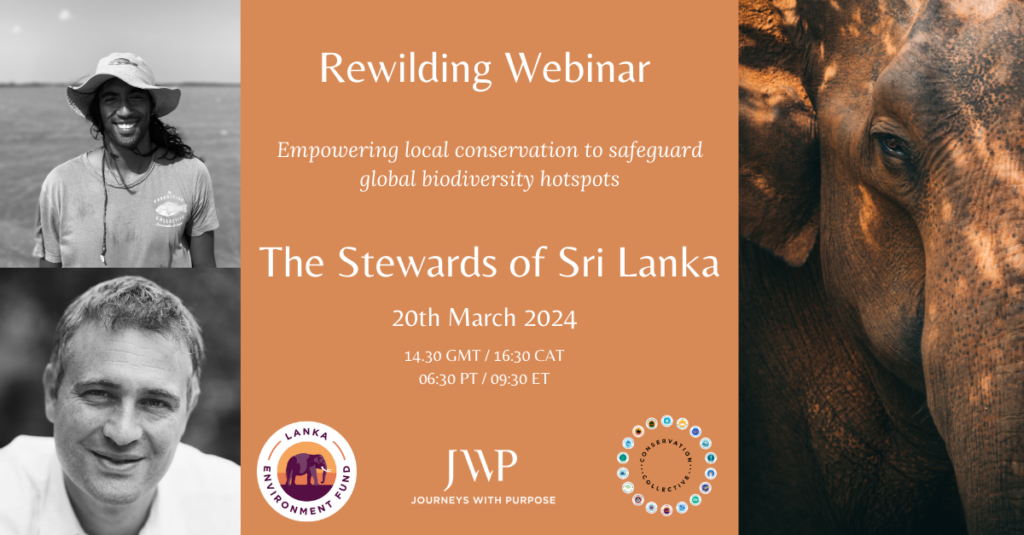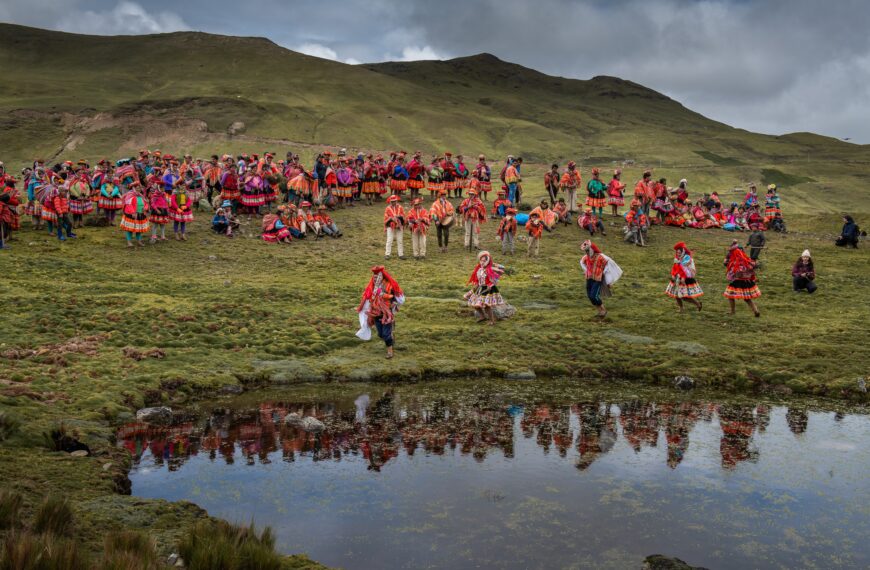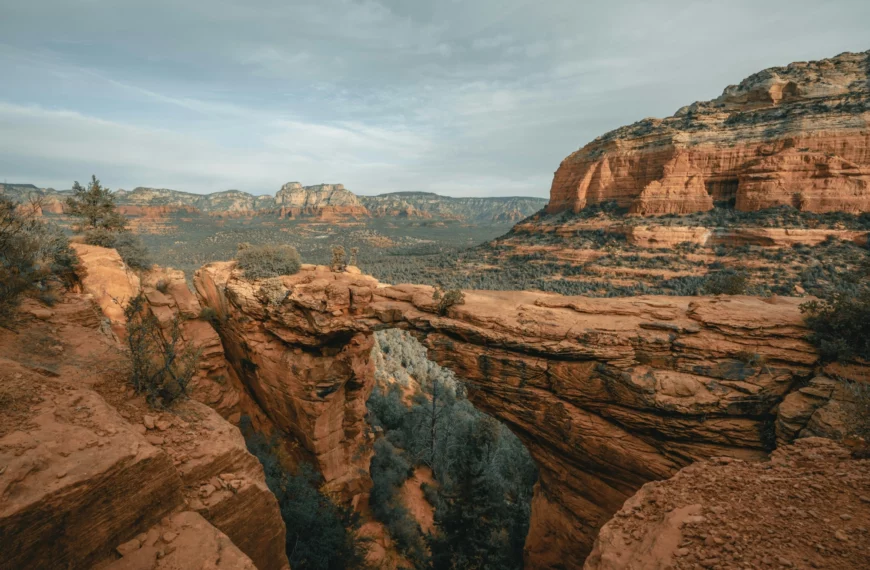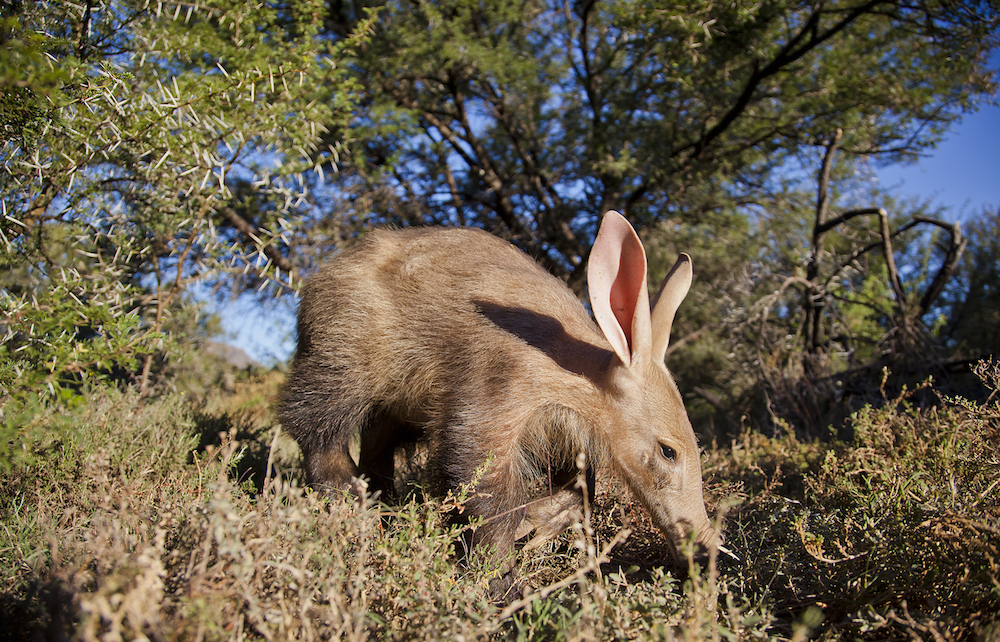Are you intrigued by the rewilding movement?
On Thursday, 18th April we cosied up in the members study of Estelle Manor to hear from rewilding enthusiast and activist, Ben Goldsmith, and entrepreneur and Founder of Journeys With Purpose, Duncan Grossart, as they share knowledge and insights on the big topic facing many land owners, entrepreneurs, corporates, farmers and environmentalists today: what is rewilding, and what role can it play in strengthening our food systems, our economies and the planet – the very life system on which we all depend.
We learnt about successful rewilding initiatives around the world, the definition of ‘re-wiggling’, and how we can each adopt rewilding in our own ecosystems. They also shared a preview of the exclusive journey to experience Sri Lanka in partnership with Conservation Collective, hosted by leading biologists, naturalists and Earthshot Prize nominees. Read on for a summary of key takeaways from this illuminating talk and details on how you can join this once in a lifetime journey!
1. Nature is innate to our own wellbeing
As humans, at a purely primal level, we can observe the positive effects of spending time in nature. We might take a walk in fields to feel less stressed or relax in our garden on a bright spring afternoon with a good book, to the sound of birdsong. When we take a stroll in the woods, the trees emit a certain compound that, when we breathe it, reduces our heart rate. In hospitals, patients who are allocated rooms with a view of green fields, are seen to be recovering faster.
The term “biophilia hypothesis” was coined by EO Wilson in his book Biophilia, as the belief that humans are genetically predisposed to be attracted to nature. So imagine a world without wild nature and what impact that would have on our wellbeing.
“Rewilding was coined in North America, as a counterbalance to traditional conservation. It means going one step further – to halt the quickly diminishing ecosystems and flora and fauna, and enable them to recover and flourish.”
2. Positive signs of change are happening, in the UK and beyond
Nature wants to recover and it doesn’t need our help. Extraordinary recovery has happened in the least suspecting places. Chernobyl has recovered. A military centre near Hong Kong has turned into rainforest. “It shows us that we don’t have to do that much, in the rankings fo all the problems we have to fix, this is pretty easy and pretty cheap.”
In London, about a century ago, the River Wandle was buried to create Wandsworth Common and it became an underground sewer. They’ve resurfaced it and now a stream runs through the common, seeing the return of amphibians and kingfishers – it has even brought water voles back to this corner of suburban London. The Thames estuary is another amazing ecosystem which provides a habitat for seals, dolphins, eels, otters, and soon there will be beavers returning.
Elsewhere, in Europe, turtles are returning to Tuscany for the first time in a century. Griffin vultures have been released in Cyprus from Spain, the first time since the war. Rewilding is happening in densely populated places and sparse places, poor and rich areas.
“This is why I think it’s the most exciting movement of our time, it’s the most optimistic movement of our time.”
3. Tompkins Conservation: Conservation enterprises have great economic potential
Nature-based solutions CAN benefit businesses and bring greater economic value to the area. Take Tompkins Conservation, started by Doug Tompkins, founder of The North Face and Esprit, and his wife, Kristine Tompkins, who was the CEO of Patagonia for 20 years. Together they bought, preserved and rewilded areas of land across Chile and Argentina and created and enlarged national parks to the tune of 15 million acres of land and 30 million acres of marine reserves over 30 years.
It is the gold standard of how you can take amazing corporate entrepreneurship and commercial success and turn that into environmental entrepreneurship, to realise economic vitality in local communities.
Therefore, this is not simply about bringing animals back to these landscapes but also about bringing people back. Where there are economic opportunities and livelihoods, people and nature can not only coexist, but thrive.
“Environmental restoration goes hand-in-hand with economic and social renewal. Correspondingly, environmental degradation goes hand-in-hand with poverty and deprivation.”
Ben and Duncan believe that one of the greatest industries of our generation will be environmentally-focused.
4. Re-wiggling is one of the most effective rewilding initiatives we can all take part in!
Many of our water systems are forced down in a fire hose effect, which causes flooding as well as hosepipe bans as the land absorbs the water like a sponge. The best way to savour the water is to create a 10-20 metre buffer and have marsh veins or wetlands which increases biodiversity and expands the water reach. These wetlands also act as the river’s kidneys – cleaning the rivers and absorbing the nitrates and sulphates that pollute the water – they are a step in the solution to clean the rivers of sewage and livestock flurry. Anyone can do this on their own land by filling in the ditches, removing drains from fields and taking down fences.
5. What makes Sri Lanka so intriguing?
Sri Lanka is the same size as the Republic of Island and has a population four times greater. Yet the GDP per capita is way lower and it has many economic and development challenges, which places even more emphasis on the importance of it being self-sufficient to produce its own food, energy etc.
Its landscape is made up of 32% protected wilderness and 70% forests. They have 7,000 elephants and 1,000 leopards – that’s a lot of wildlife on an island the same size as Ireland. Naturally, they have human-wildlife conflict and many challenges that come along with this proximity between humans and wildlife, and yet they have found a way to coexist. This, Ben considers, may be thanks to a deeply-rooted spiritual or cultural belief in nature that has been lost in many other parts of the world.
Conservation Collective is supporting the development of biological corridors which will enable the growing numbers of wildlife to roam free through these areas, either at the top of the mountains or the bottom of the valleys, it will reduce friction with humans. They have also established an agreement with the big shipping companies to slow their boats by two knots and change their route by three degrees, which will dramatically reduce the number of whales killed. These are just a couple of examples of how small changes can have a monumental impact.
Ben and Duncan rounded off the talk with a challenge… Reconnect with nature, discover your passion, and challenge what annoys you. It often requires little means, but by aligning our values with persistance and a big voice, we can all do our part.
It might be saving the whales, female empowerment or food production – engage with it wherever you can. So travel, discover, learn, and take back the knowledge to bring about change in your own ecosystem.
Join Ben Goldsmith in Sri Lanka – A one-off hosted journey!
Our Journey to Sri Lanka (25th November – 1st December 2024) will be hosted by Director of Lanka Environment Fund, Vinod Malwatte, and Ben Goldsmith.
With the opportunity to discover Sri Lanka’s endemic species in one of the world’s 36 biodiversity hotspots, a small group of guests will explore the remarkable landscapes, wildlife and restoration initiatives alongside the island’s leading biologists, naturalists and community leaders.
To hear the full conversation with Vinod, Ben and Daisy and engage in the discussion of how best to scale local rewilding initiatives, watch our Fireside Chat with the Stewards of Sri Lanka, hosted on World Rewilding Day, below.
